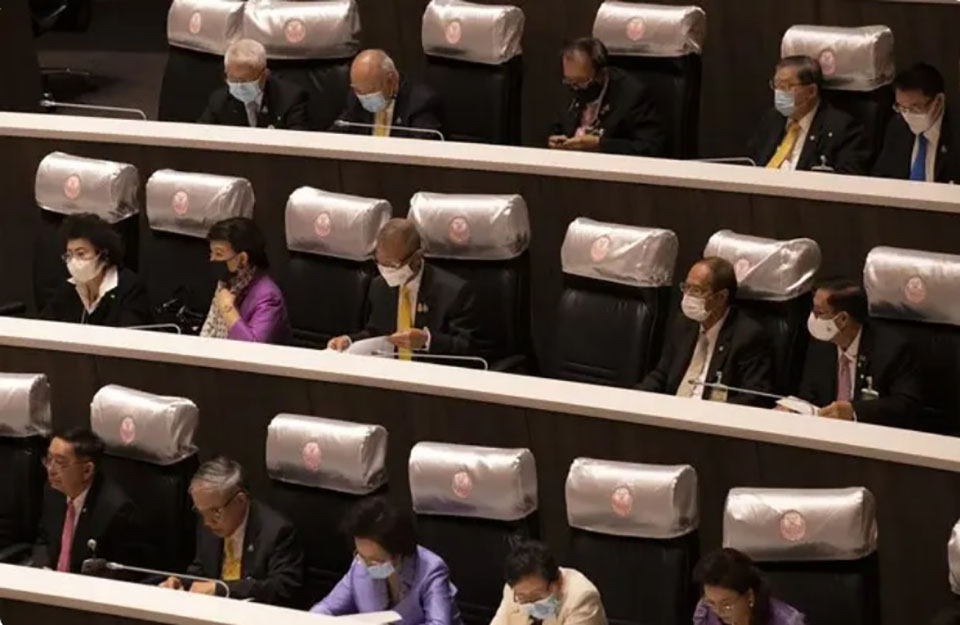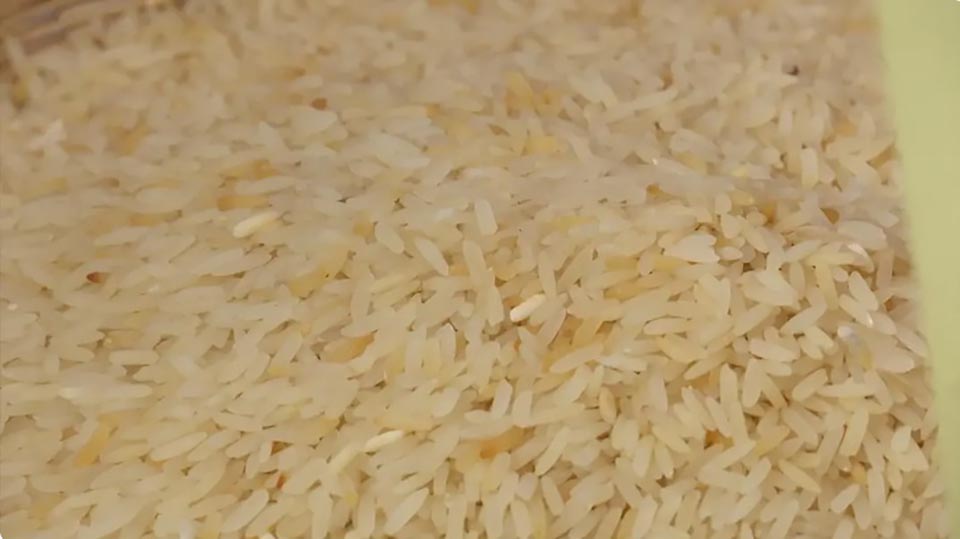Prime Minister Srettha Thavisin has ordered stringent tests on 15,000 metric tons of decade-old rice currently held in government stockpiles before considering its sale. The directive seeks to ensure the rice’s safety and quality, addressing concerns over the stock managed by the Commerce Ministry’s Warehouse Organization.
Highlighting the government’s commitment to public health, Srettha made clear that no rice found to be unsafe would be sold and advocated for testing by an independent and reputable agency rather than a government body.
The move follows the discovery of dangerously high levels of a potentially carcinogenic substance in a rice sample, announced by Weerachai Phutdhawong, an associate professor in chemistry at Kasetsart University. Further testing is scheduled to check for pest-control chemical residues. Amid safety concerns, Commerce Minister Phumtham Wechayachai has asserted the rice’s edibility, despite acknowledging its reduced quality compared to fresh rice.
The rice in question is the last of the 18 million tonnes amassed under the Yingluck Shinawatra administration’s rice-pledging scheme, which was discontinued in 2014. With much of the previously characterized “low quality” stock already sold, the government is now working to ensure that the remaining rice is safe for consumption. The administration is also exploring other alternatives, such as transforming the grains into alcohol, contingent on the results of ongoing safety tests. (NNT)

























